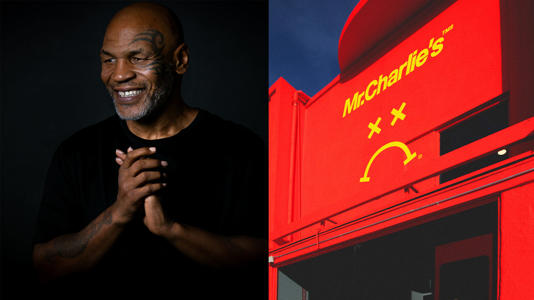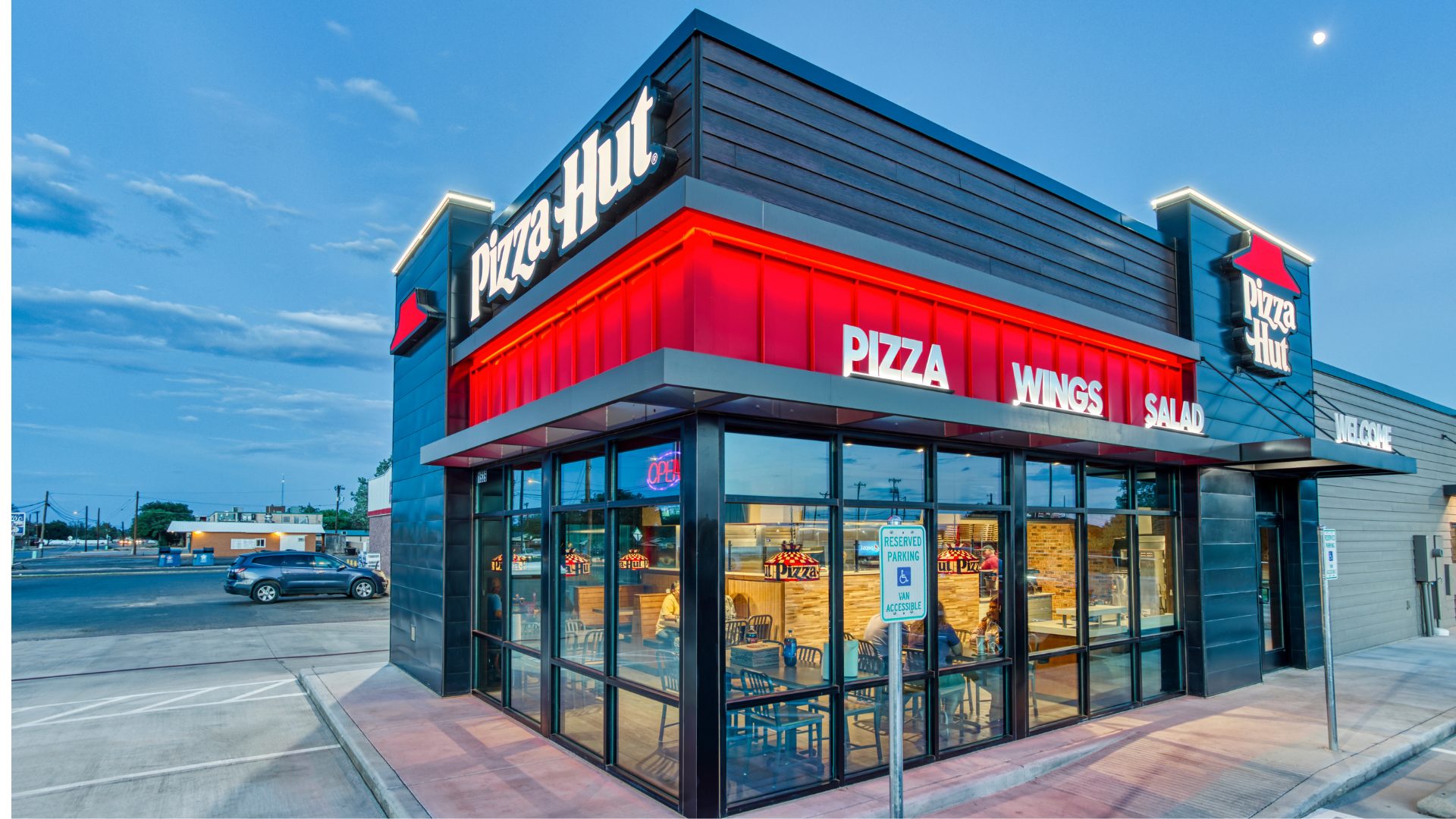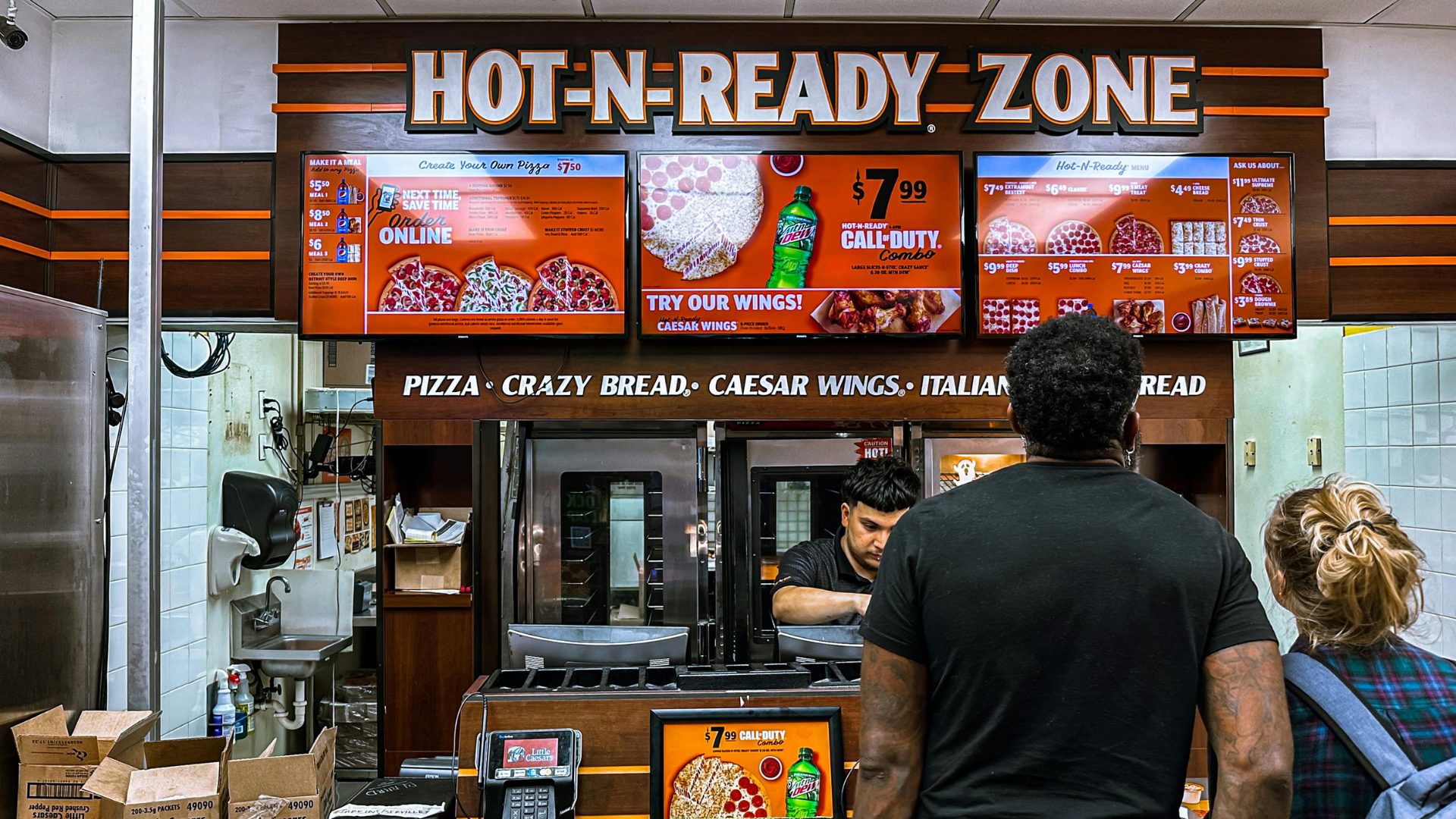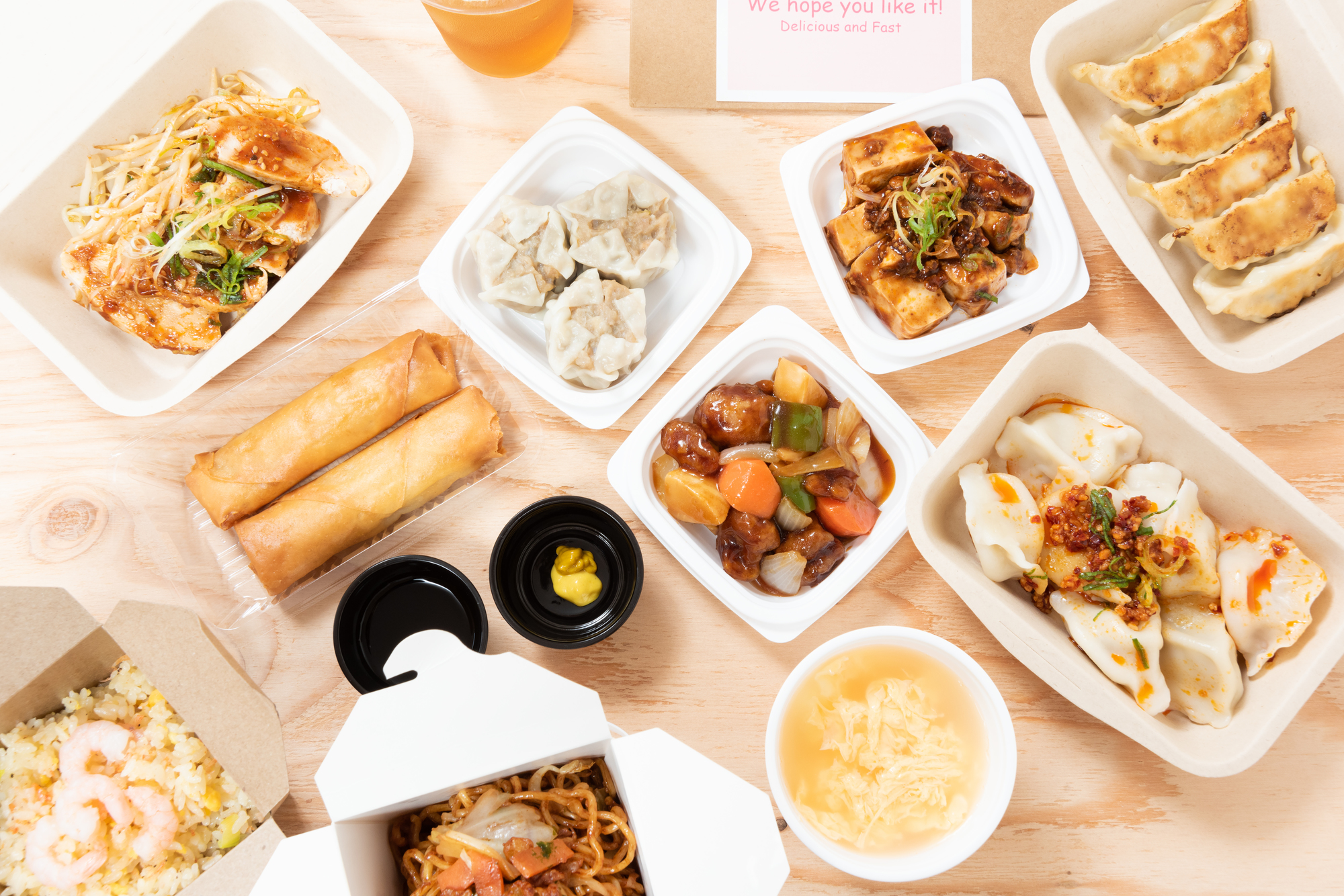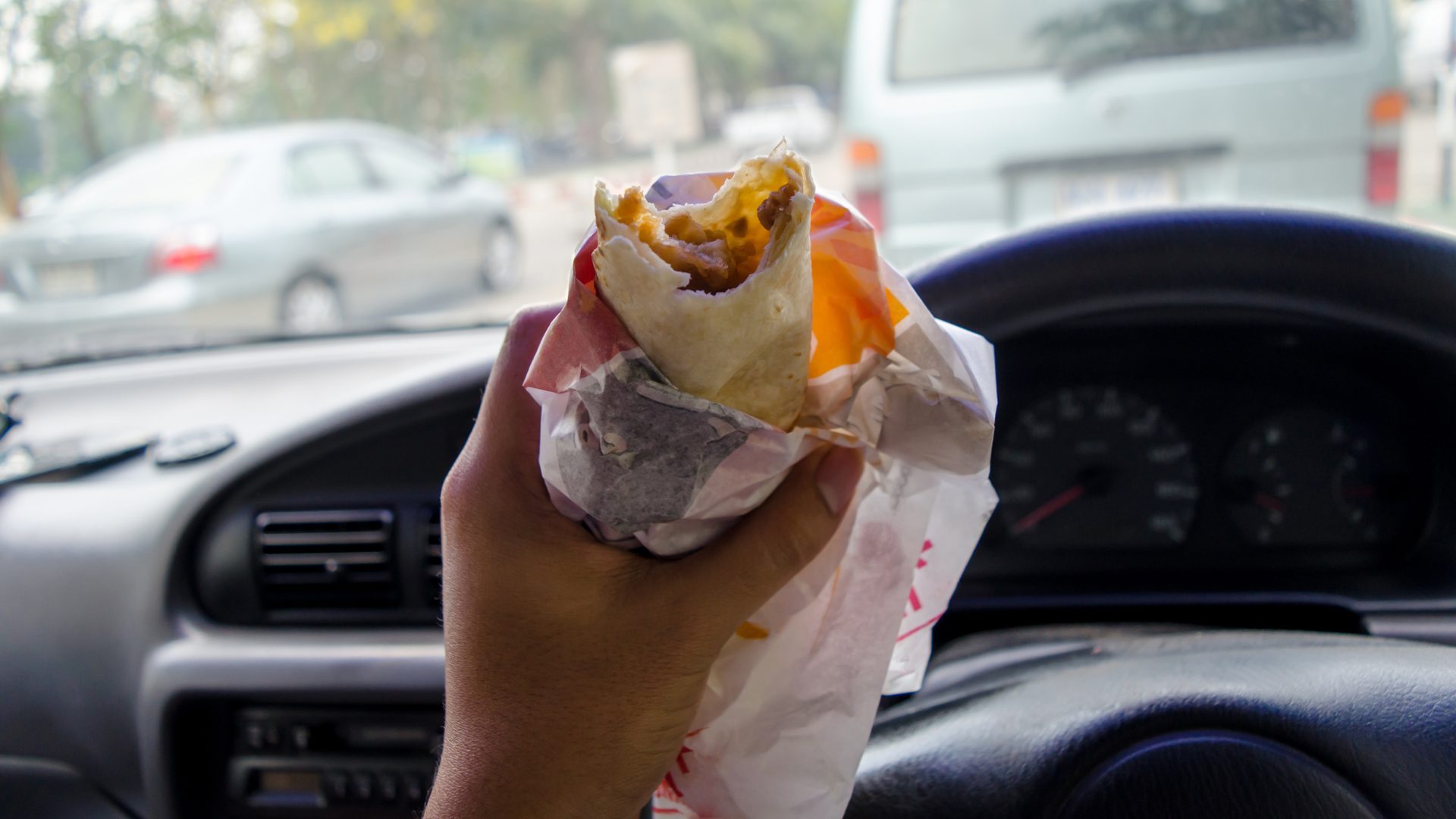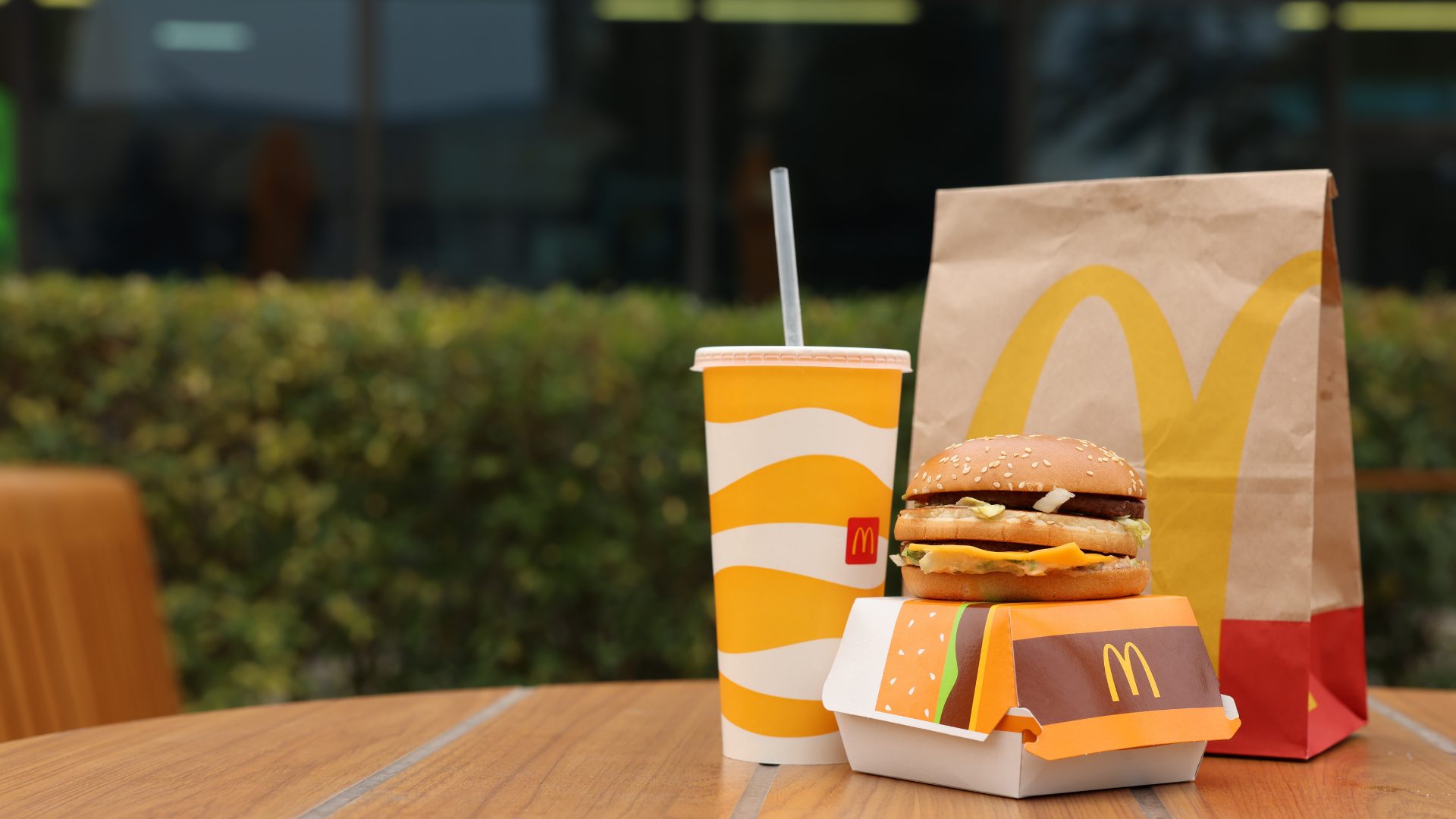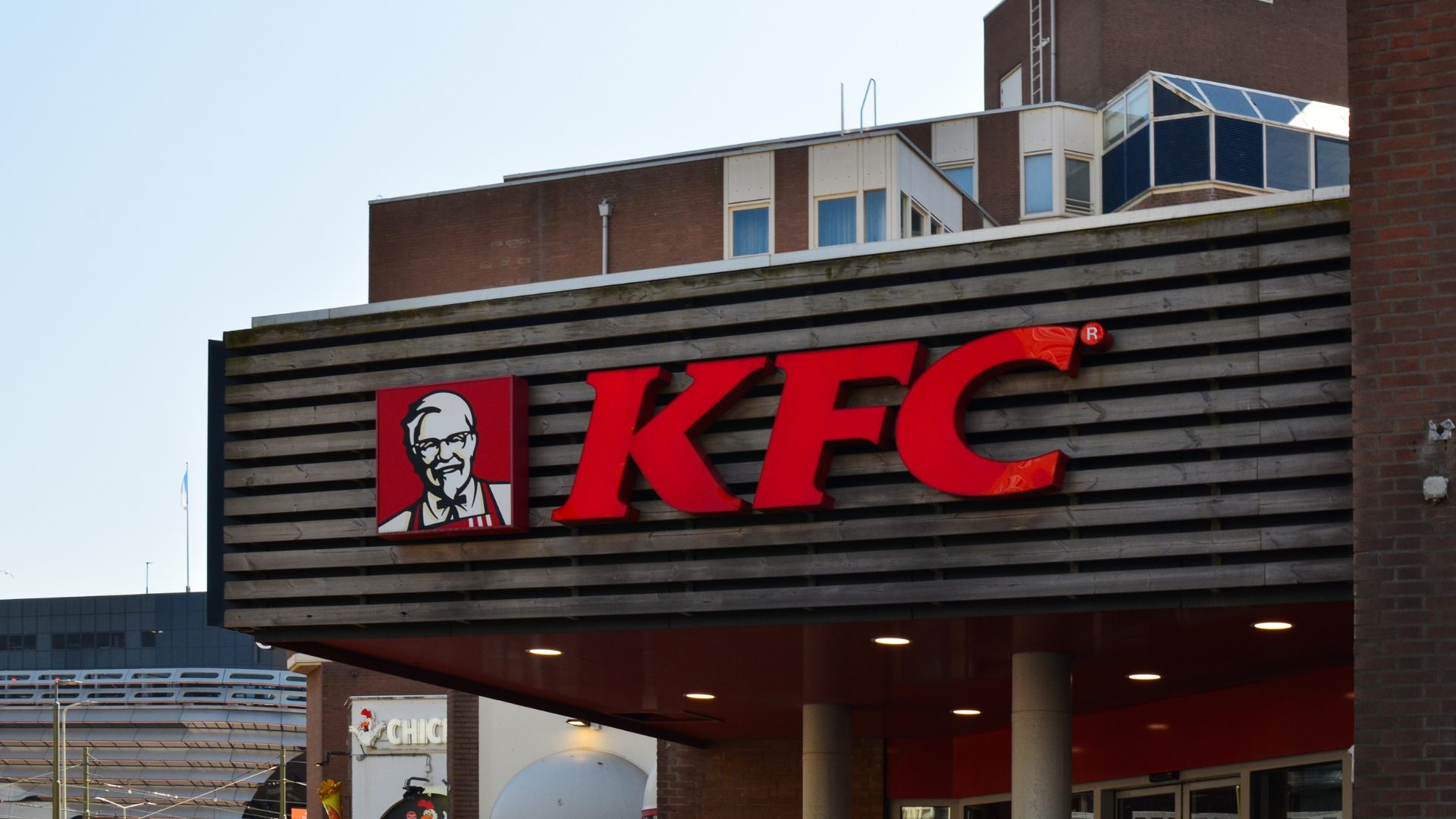Boxer-turned-entrepreneur Mike Tyson recently unveiled his plans to invest in the plant-based QSR chain Mr. Charlie’s Told Me So through his holding company, Carma HoldCo.
Often dubbed the “vegan McDonald’s,” Mr. Charlie’s is known for its playful menu that includes plant-based spin-offs of fast-food favorites like its “Not a Cheeseburger” and “Not a Chicken Sandwich.”
This investment is not as random as it may seem given that the former heavyweight champ is a longtime advocate of plant-based eating.
He’s also a fan of the brand’s humanitarian efforts, stating that: “Mr. Charlie’s mission to help and hire those from the homeless community is something that I am truly passionate about, and I look forward to helping many people and communities with the expansion of Mr. Charlie’s across the globe.”
Founded by Taylor McKinnon and Aaron Haxton, Mr. Charlie’s currently operates locations in Los Angeles, San Francisco, and Sydney and frequently partners with organizations like Dream Center and GLIDE to offer jobs to individuals facing homelessness.
This mission-first approach differentiates Mr. Charlie’s from other QSR chains in an era where the appeal of values-driven branding is steadily increasing.
That said, Mr. Charlie’s isn’t immune to the slew of challenges plaguing the industry lately – especially in California, where restaurant operators continue to balance rising food costs (particularly for plant-based ingredients) with the state’s recent minimum wage increase from $15.50 to $20 an hour.
While the higher wage indisputably benefits workers, it poses serious challenges for restaurants already contending with thin margins, particularly in the plant-based sector – restaurants like Kevin Hart’s Hart House, for example, which closed all four of its Los Angeles locations last month.
Mr. Charlie’s parallels Hart House in more ways than merely its menu of vegan fast food, including its commitment to affordability and ethical hiring practices.
And while some industry experts warn that the chain could face similar cost pressures, McKinnon and Tyson’s team at Carma HoldCo claim they’ve implemented a more measured expansion strategy that prioritizes franchise partners who are aligned with Mr. Charlie’s mission.
The investment group’s CEO, Adam Wilks, who has a background that includes brands like Pinkberry and Cold Stone Creamery, sees this approach as key to Mr. Charlie’s longevity.
“The QSR space is ripe for innovation,” Wilks noted, adding that the brand’s balance of community impact and accessible pricing may help it avoid the pitfalls that have plagued similar plant-based ventures.
If Mr. Charlie’s can effectively manage its labor costs while sticking to its mission, Tyson’s investment, combined with Wilks’ expertise, could set it up for sustainable success in California’s competitive and cost-sensitive market.
However, time will tell if these ethical business practices can coexist with the profitability challenges plaguing the struggling sector.
The Food Institute Podcast
Restaurant results for the second quarter weren’t stellar, but people still need to eat. Are they turning to their refrigerators, or are restaurants still on the menu for consumers? Circana Senior Vice President David Portalatin joined The Food Institute Podcast to discuss the makeup of the current restaurant customer amid a rising trend of home-centricity.


